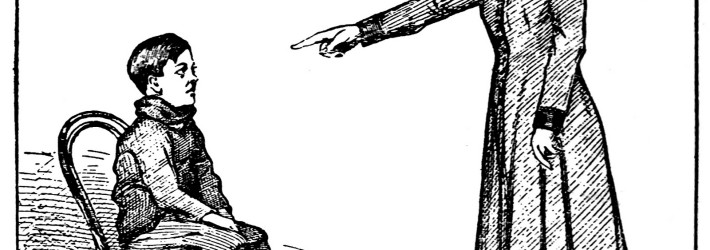I have spoken a lot about the necessity of secure attachments in the development of a socially and emotionally healthy children. Anyone with a modicum of common sense understands that good interaction and quality parenting behaviour lie at the heart of this. Achieving this however is not always easy. Kids are not blank slates that passively take instruction. They are whirlwinds of changing demands and temperaments. They can be challenging and exhausting, often appearing more demonic than angelic. So how then do we maintain and ensure these positive interactions? How do we discipline our children in a manner that achieves this goal or one which prevents poor behaviour whilst also combining it with the loftier one of teaching insight and introspection?
Behavioural psychologists have identified four broad discipline strategies. It will quickly become clear in the course of reading this blog which one is designated as the preferred approach amongst child discipline experts. The holy grail of positive parenting, however, is not always attainable, but research has shown that it is important. The way in which we discipline our children can have a dramatic impact on their temperament and the relationship we have with them. These changes often endure into adulthood and affect their ability to get on in the world. This ripple effect can continue generationally, influencing their relationship with their own children, which is to say that they may model their child’s needs on what their parents perceived theirs to be during their own upbringing.
The categories are broadly:
The authoritarian parent has very specific expectations of a child’s role. At its most draconian this approach disregards the child’s voice completely. For these individuals, there are rules which are to be obeyed without exception. A challenge to any instruction or questioning of its function will elicit little or no discussion. ‘I said so’ is the mantra for dealing with resistance and there is no room for negotiation. Such parents will typically favour punishment for rule infractions rather than consequences. The opportunities for the child to problem solve obstacles or challenges will be minimal. They become familiar with the injunction to follow commands ‘or else’. This approach tends to produce adults who for the most part follow rules, but who will likely have developed self-esteem problems. As children they may become hostile or aggressive towards their parents as their ability to problem solve or make decisions has been diminished. They will tend to focus on the punishment rather than the lesson that underpins it. As adults there will likely be unhealthy repercussions from such parenting both personally and socially.
